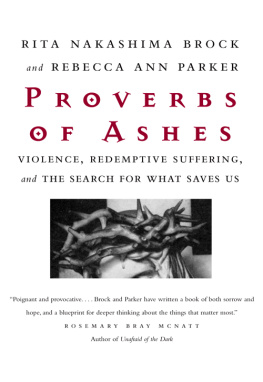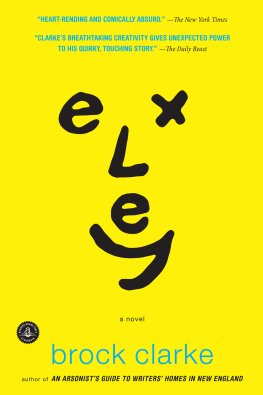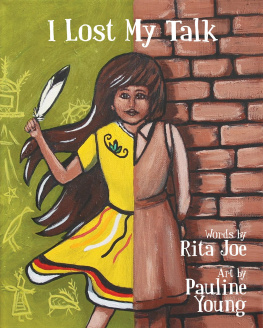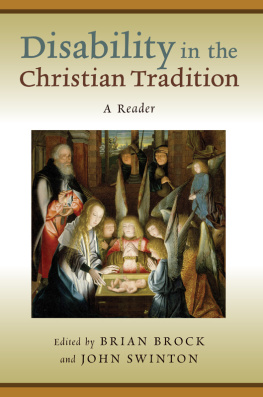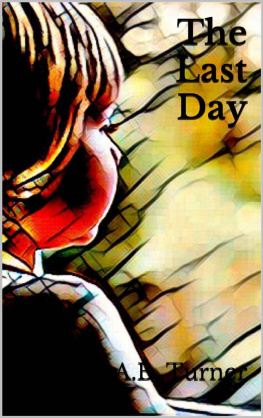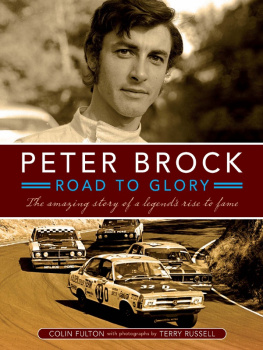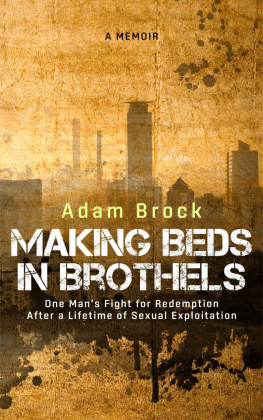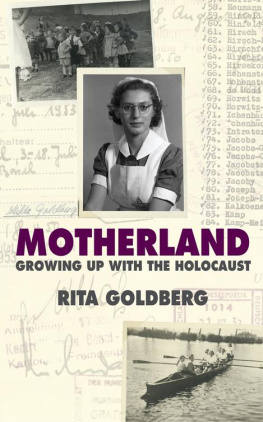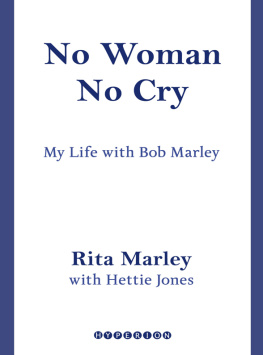
FOR OUR PARENTS AND GRANDPARENTS
Mostly [my husband] is a good man. But sometimes he becomes very angry and he hits me. He knocks me down. One time he broke my arm and I had to go to the hospital.... I went to my priest twenty years ago. Ive been trying to follow his advice. The priest said I should rejoice in my sufferings because they bring me closer to Jesus.... He said, If you love Jesus, accept the beatings and bear them gladly, as Jesus bore the cross.
LUCIA
For what credit is it, if when you do wrong and are beaten for it you take it patiently? But if when you do right and suffer for it you take it patiently, you have Gods approval. For to this you have been called, because Christ also suffered for you, leaving you an example, that you should follow in his steps.... Rejoice in so far as you share in Christs sufferings.
1 PETER 2:2021, 4:13
PRELUDE
RITA
Music! Rebecca shouted from the sunroom over the clicking of computer keys. I need music to get through this.
OK, coming right up. I sorted through some CDs. Rebecca was writing of this book, describing the soul-numbing experience of bonding with a sexual abuser when she was a small child. I knew it was difficult. Maybe the sound of womens voices would be helpful. I put on Trio, with Emmylou Harris, Dolly Parton, and Linda Ronstadt. Strains of a mandolin sounded, and the womens voices lifted into the air, in close, exquisite harmony, singing The Pain of Loving You.
Peals of laughter floated out of the sunroom. When I peered through the doorway, I found Rebecca holding her stomach, laughing, tears in her eyes. Its perfect! she gasped, and we both burst into laughter.
I headed out for a run to give Rebecca space to complete the harrowing material. By early afternoon, she was finished.
To celebrate, we cranked up 60s rock and roll music and danced around the house. Then we took a long hike to breathe the fresh air of the nearby New England woods.
The next morning, we talked about what it had meant to write about our lives. I said I had never told anyone about the physical fight I had with my father. I reflected on Rebeccas courage in telling the story of a suicide attempt in the 1980s.
It wasnt the last time I tried to kill myself, she said, softly. There were other times, like a couple of springs ago. I cut my wrists. Rebecca slipped this into our conversation as we sat at my dining room table, its Quaker lace tablecloth covered with draft chapters of this book. I paused a moment as the weight of her comment sank in.
Oh, I said, groping for the right thing to say. A couple of springs ago would have been between drafts two and three, in the middle of this project. I had assumed her writing about an earlier suicide attempt meant she no longer felt the urge to harm herself. How did you get to that state? What happened? I asked.
Rebecca told the story that appears in . I had admired her stamina and success as a seminary president. A job that stressful would have been enough for anyone, and I knew she also carried the memory of earlier trauma. But I was unaware of how much it still affected her. She explained the impulse behind her self-harm and her ways of resisting it. I felt anguish knowing the legacy of violence that has marked her life. As I listened I realized that our friendship had changed. In working on this book, whose pages were spread out on the table before us, we had wrestled with deeper, more accurate insights about our experiences and theology. As we moved closer to core truths, we disclosed more about our lives and pushed each other to a clearer discernment of what we needed to write.
When we began our friendship in 1978, as students in a graduate theology seminar, neither of us knew the emotional pain the other lived in. I would not have had the courage then to tell how violence has marked my life. I learned long ago to deny my vulnerabilities and rush to action, to pursue achievements that help me forget the injuries to my soul.
It takes an unusual quality of friendship to free us to speak of our lives as a gift to another. But unfolding to one another the hidden anguish of our lives would take two decades. Our relationship gradually deepened from intellectual kinship to an emotional bond strong enough to hold worlds of pain and memory. Some of the stories I tell here I remembered only as Rebecca and I discussed our writing. Our conversations created a crystalline air in which memory could breathe and be held in words.
REBECCA
In January 1982, Rita and I sat in the cool, Northern California sunshine, sipping coffee at a table on the street. We were in Berkeley to hear Elie Wiesel and John Cobb lecture. I was eager to catch up with Rita, whom I hadnt seen since we were in graduate school together. Now I was in my second year as the minister of a small United Methodist church in Seattle, Washington. Rita was working on her doctoral dissertation.
Rita constantly surprised me. When we were students together she didnt just study theology; she seemed to be having fun at the same time. I heard about ski trips, hot tub adventures, dinner parties, and late-night dancing. She had been born in Japan and traveled all over the world, and her exuberant embrace of life startled me with its freedom and boldness. I, in contrast, was terribly serious and introverted. I had two passions, music and ideas. The rest was straw. Id never been dancing in my life and wasnt about to start. For most of my life I lived in small towns in southwest Washington state. Seattle and Portland, Oregon, were the biggest cities Id known, and Canada was the only place outside of the United States Id visited.
Much of Ritas life was beyond the realm of my experience. But we shared an intense investment in ideas. We knew that thinking mattered. And I was moved by her zest for life. Deep down, I wondered if such freedom was possible for me.
This afternoon, at the sidewalk coffee shop, I listened with interest as Rita described her theological project. Im trying to construct a theology that speaks differently about Jesus. Conventional doctrines say Jesus saved the world by dying. But the people who killed Jesus hated him. Its wrong to confuse hate with love. This theology raises profound moral questions for me.
Ive seen what abuse and hate do. Ive been working summers with youth from Southern California and Arizona, from every social sector: Beverly Hills, Watts, the Valley, South Central. We call the program a human relations workshop, and the kids come mostly because they are idealistic and want to end racism, sexism, and injustice. We work to empower truth-telling, healing, and community. Ive heard stories of abuse and rape that break my heartfrom ordinary kids. I counsel some of the religious kids, and the more attached they are to traditional ideas about Jesus, the more likely they are to think of their abuse as good for them, as a trial designed for a reason, as pain that makes them like Jesus. They are often in denial about the amount of pain they live with. It amazes me that they survive and appear so normal. They are wounded, but they have an astonishing passion to be whole. They reach out to others despite abuse, neglect, and hate. We try to help them see the forces that destroy relationships. Finding others who have experienced abuse helps them face their pain more directly and begin to find strategies to resist it. They go back home and do amazing work in their families, schools, and communities.
Rita was writing a theology about the human passion to be whole, to love and be loved, to be hungry for justice in the face of terrible harm, of brokenheartedness. Adapting Audre Lordes term, she called this passion erotic powerthe life-giving spirit of God in every person. She said Jesus could not have incarnated God by dying. Christians claim God is love; if this is true Jesus would have had to receive

